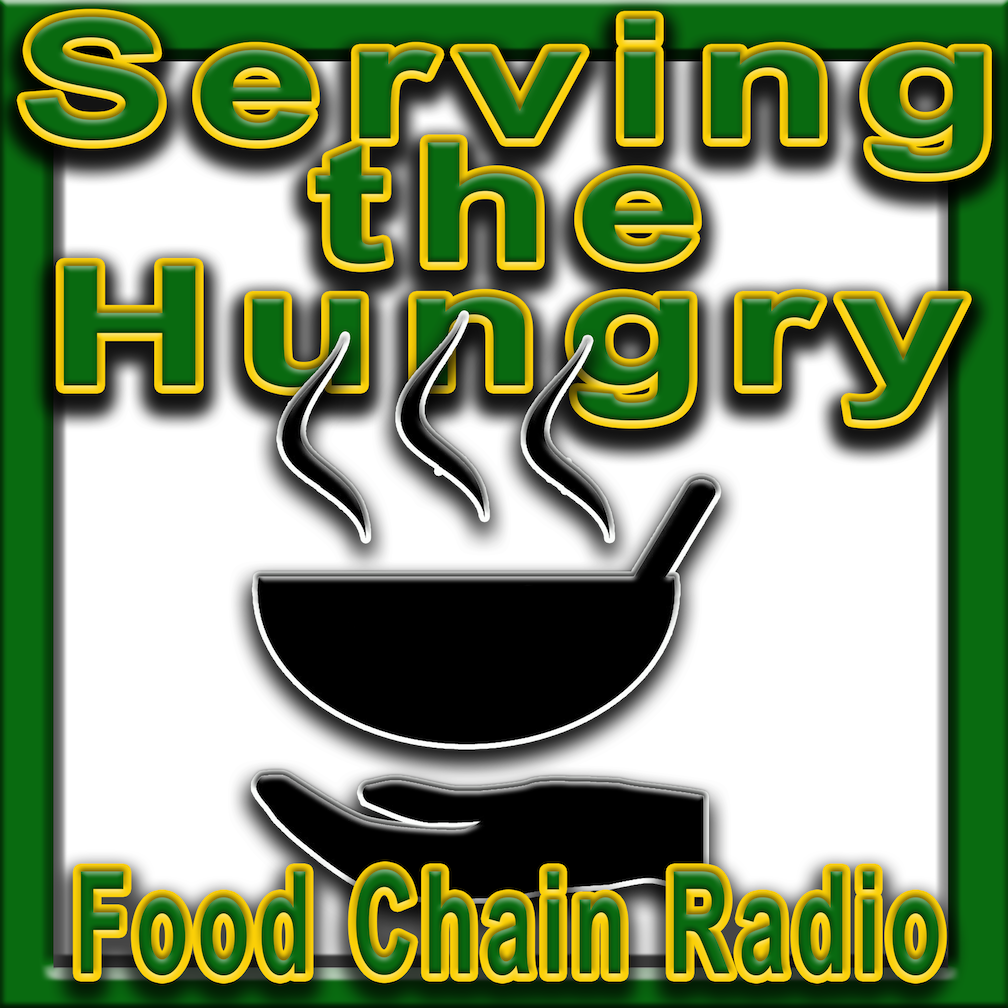
Feeding the Hungry
June 24, 2022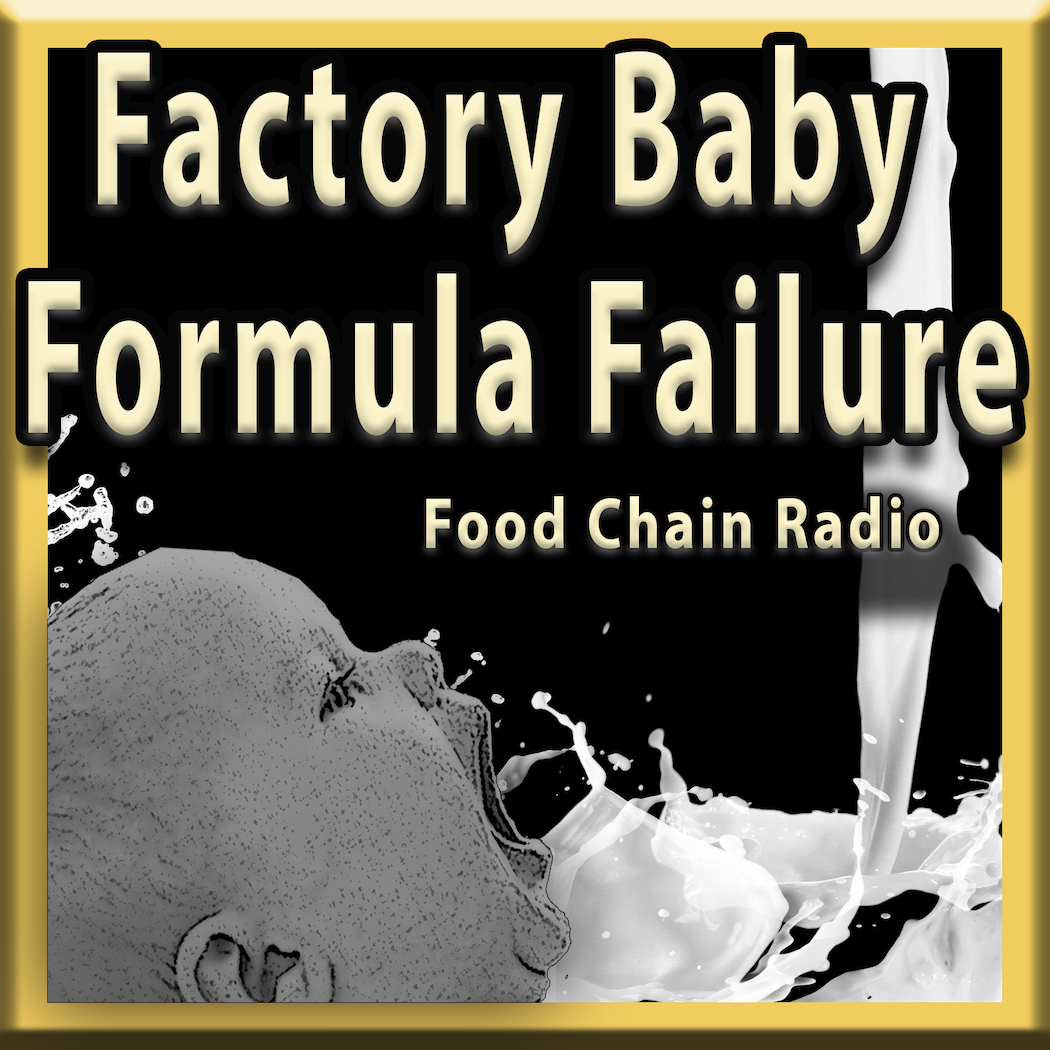
Baby Formula
July 16, 2022GUEST: Amy van Saun, Senior Attorney Center for Food Safety
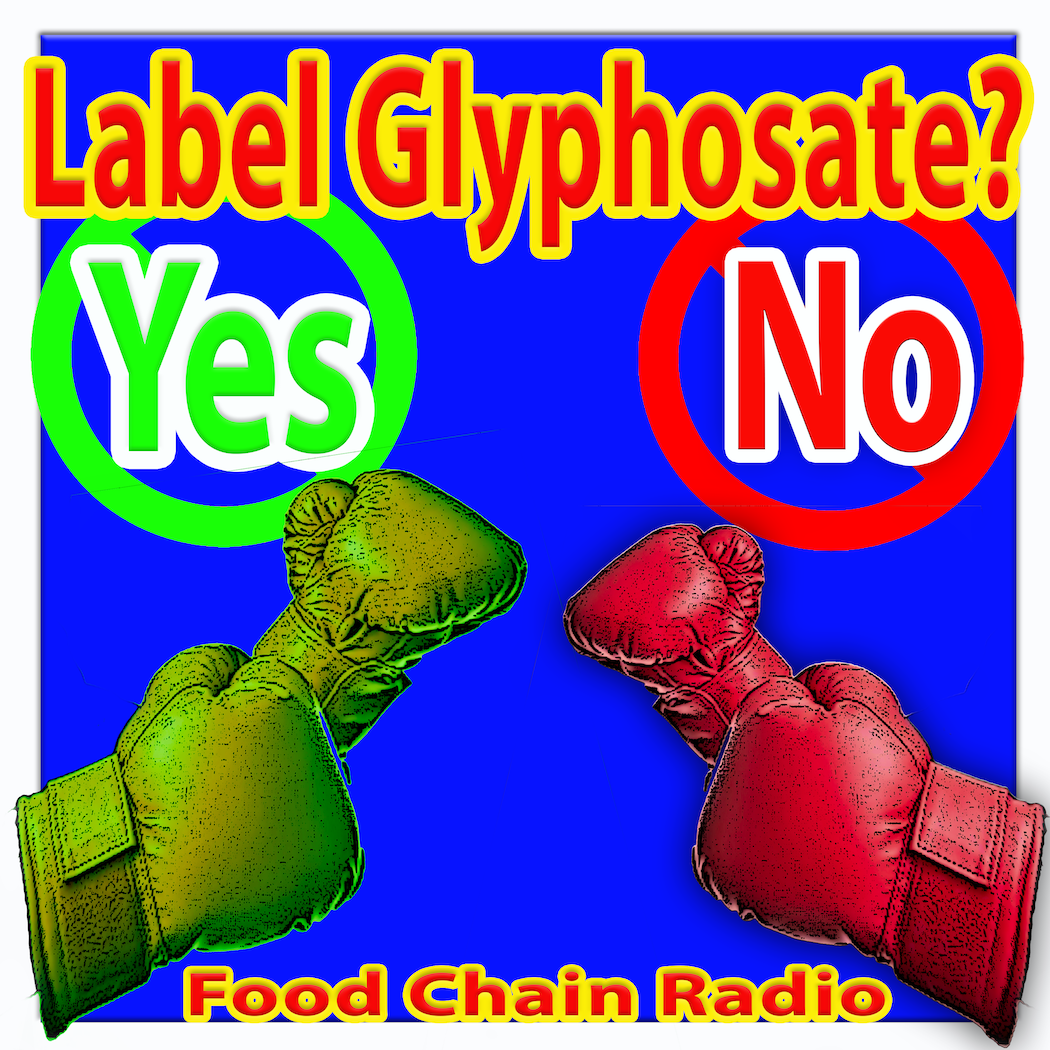
Michael Olson Food Chain Radio – Label Glyphosate? “What is in the weedkiller glyphosate for people who eat food?”
A few years ago, I was invited by the U.S. Farmers and Ranchers Alliance to participate in a panel discussion on the impact of recombinant DNA technology on the production of America’s crops.
Joining me on the panel were presidents of the production associations for the nation’s leading crops, including those for corn, hogs, soybeans and wheat. Our audience consisted of the technology professionals attending an international biotech conference then being held at Chicago’s McCormick Place Convention Center.
The agriculture professionals on the panel were most effusive in their praise of the biotech technologies that have transformed the production of their crops.
When my turn came, I said, “I was a teenage herbicide. I hoed weeds for the farmers of Montana’s Yellowstone River valley. It was hard work and it was hot work. I am here to tell you that the technology you have developed is magic. One farmer can now grow a thousand acres of crops, without having to manually fight off pests or weeds. It has made the people on the panel with me, and the farmers they represent very happy. And you have made the companies for which you work wealthy in the extreme.
“But! One day, people who eat food are going to stand up and ask, “Hey, what is in this technology for us, other than food that has been drenched in herbicide and infused with pesticide?”
“When that day comes,” I said, “You will need to have an answer. What will your answer be?”
That day has arrived with mega-million dollar lawsuits targeting the glyphosate-based herbicide Roundup, which was developed by the Monsanto corporation, which then sold itself to Bayer AG.
Bayer’s never-give-an-inch fight to save its glyphosate formulations from the predation of those mega-million dollar lawsuits leads us to ask:
Leave a comment below: What is in the weedkiller glyphosate for people who eat food?
Michael Olson’s Three Laws of the Food Chain
#1 Agriculture is the foundation upon which we build all our sand castles.
#2 The farther we go from the source of our food, the less control we have over what’s in that food.
#3 Cheap food isn’t! READ MORE
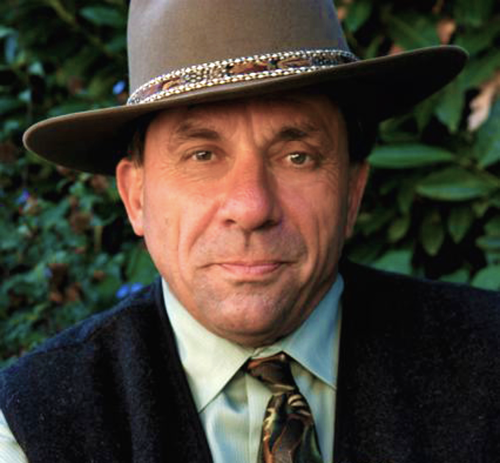


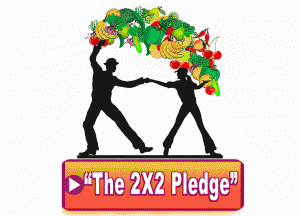
2 Comments
I am not a fan of glyphosate.
Seems like an unequivocal example of concentrated benefits for a small group–the manufacturers and yes the farmers–being subsidized by diffused costs for the rest of us.
However, the court victories against Bayer-Monsanto seem like another example of the same thing: lawyers and a few high-profile plaintiffs scoring big at the expense of a general dumbing down of curiosity and understanding about how the world works.
Again, before I am totally cancelled here, I repeat that I do not encourage the use of glyphosate any where, ever.
Yet I remain deeply skeptical about the use of the word “carcinogen.”
Many, many foods are associated with increased risks of cancer, including all fried foods and coffee due to acrylamides, charcoal in toast, and alcohol.
It is the nature of the human condition that risks cannot be eliminated.
So we must ask ourselves, What are the relative risks and benefits of a given food or agricultural practice?
Farm workers and landscaping workers drenched in a chemical that most of the rest of us experience in millions of times lesser concentrations may help lawyers win their cases.
But the more salient question might be some sort of rough ranking of the dangers of various toxins.
Is glyphosate as potent a carcinogen as tobacco or asbestos or benzene or agent orange? As toxic as mold spores associated with organic agriculture?
For that matter, is mechanical weeding in hot sun associated with increased mortality in the humans forced to do it?
I don’t know the answer to these questions and anyone attempting to answer them is likely to have a definite agenda which will make their answers misleading even if technically accurate.
We all intuitively know the party lines about what questions you can ask and what concerns you can raise around these issues.
Is tribal loyalty the best way to raise these issues? Is reflexive tribal disloyalty?
I wish you would follow up by interviewing Dr. Lee Evslin that wrote Breakfast At Monsanto’s- Is Roundup in our food making us fatter,sicker,and sadder? published in 2020 and available at Barnes and Noble for $18. The author, residing on the Hawaiian island where the major seed companies are located was on a panel with a mediator and fellow citizens as well as 3 industry advocates that then reviewed the science behind the safety of glyphosate and then presented their findings to the state government. All the industry people quit since the conclusion was damning and yet the legislature decided to do nothing because of all the people that work for the seed people on the island. The author along with urging from his wife then felt compelled to write the book. About 100 pages of understandable text with many up- to- date references. Glyphosate as an endocrine disrupter causes non-alcoholic liver disease in the F2 and F3 generations of experimental rodents when the mother’s are fed contaminated feed with realistic residues currently in our food that is often still being spray dried. (70 human edible crops are spray dried in the USA and Canada.) Germany, parent country of Bayer, outlawed spray drying of human edible crops years ago. Not us!